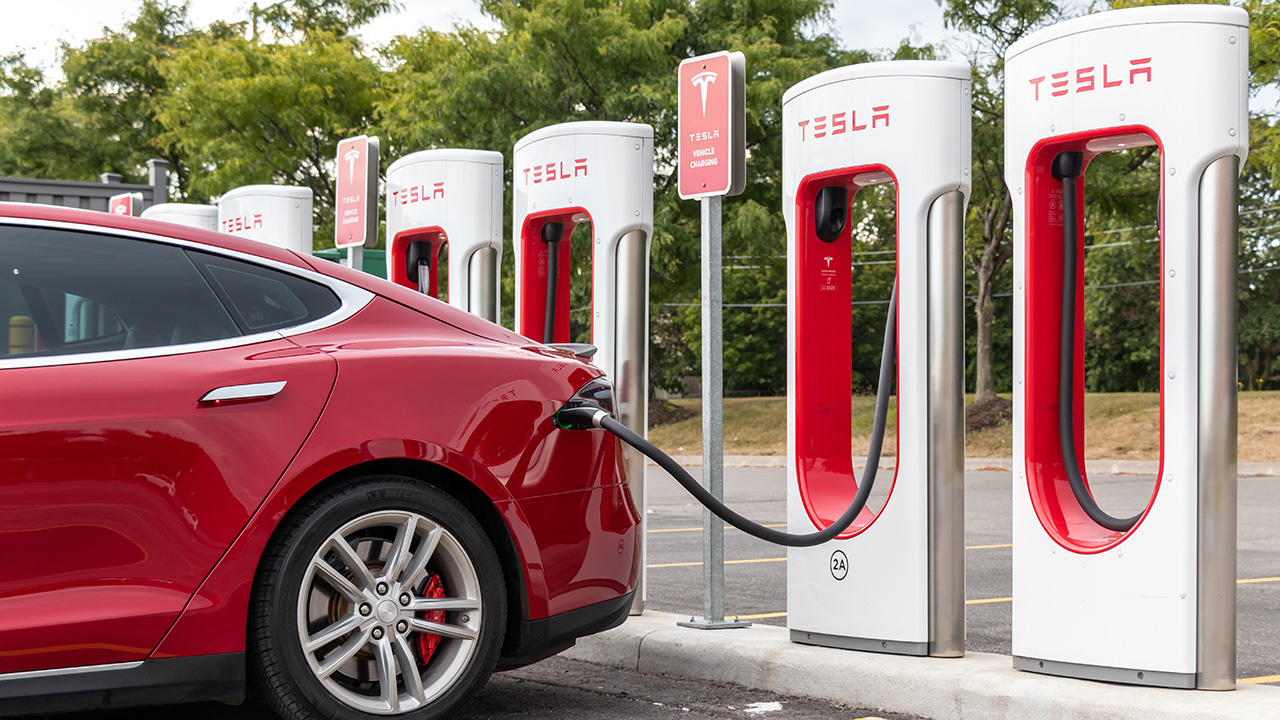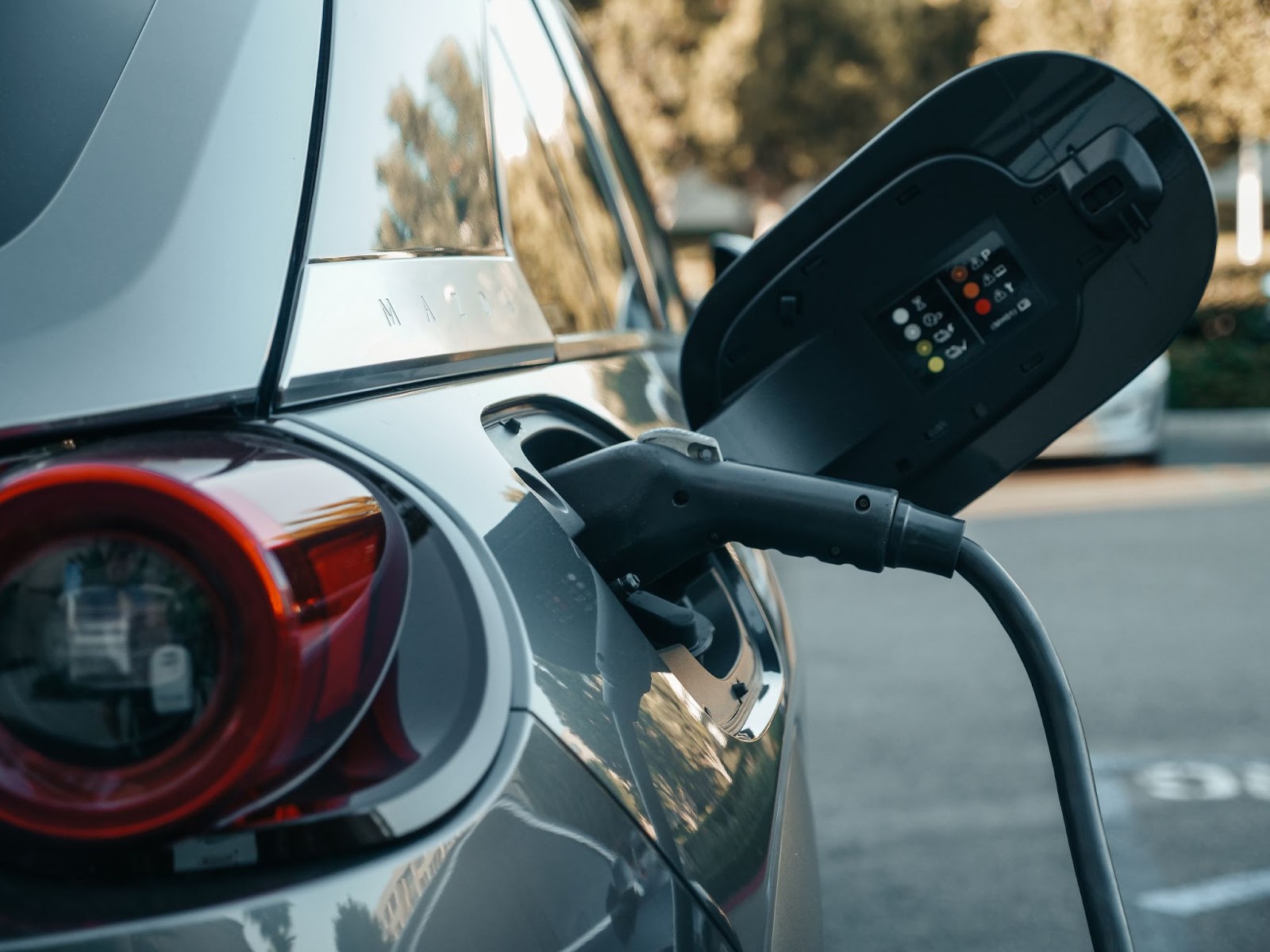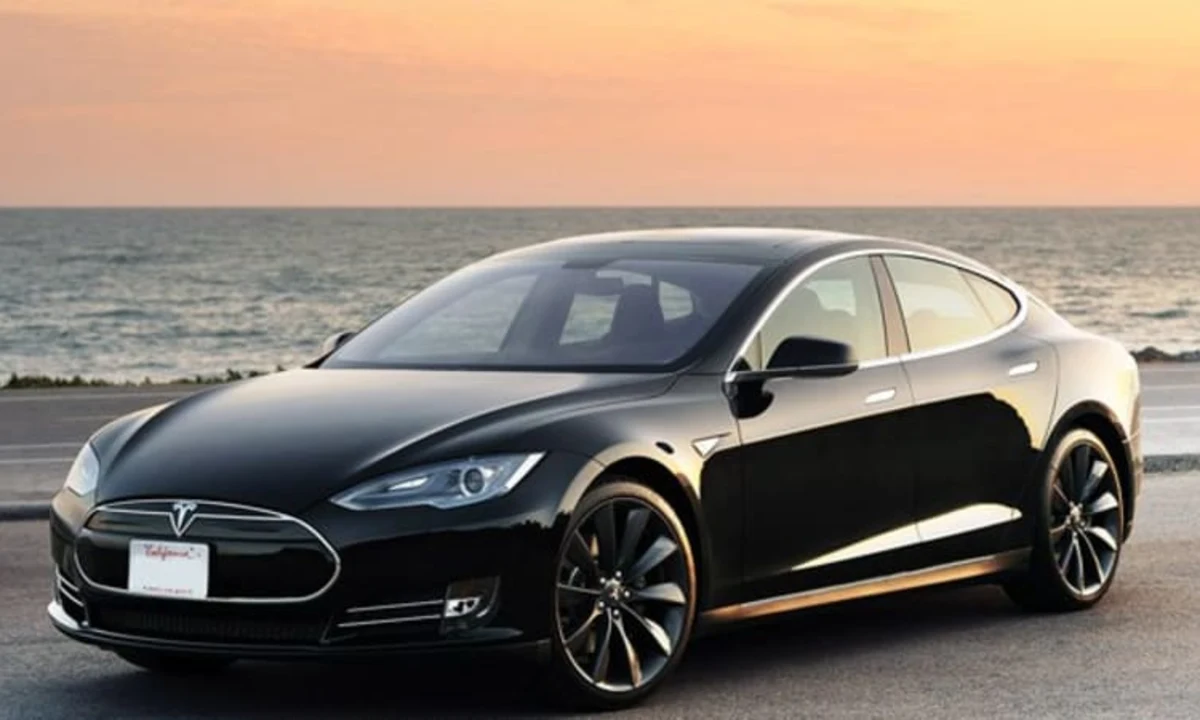In the rapidly evolving world of electric vehicles (EVs), Tesla has often been at the forefront, promising not only innovative technology but also long-lasting quality. However, recent findings suggest a discrepancy between these promises and real-world outcomes, especially concerning Tesla’s battery longevity.
A comprehensive study by Recurrent has raised eyebrows with its revelation that Tesla’s vehicle batteries significantly degrade after just three years, falling to 64 per cent of the Environmental Protection Agency (EPA)-rated range. This analysis, based on data from over 12,000 Tesla Model 3 and Model Y vehicles, highlights a concerning trend that may shock both current and potential Tesla owners.
Despite Tesla’s assertion that their batteries should outlive their eight-year warranties, the study’s findings suggest otherwise. This mismatch not only challenges the reliability of federal testing but also raises questions about Tesla’s battery technology and its durability over time.

Unpacking Battery Science: A Closer Look at EV Degradation
Understanding battery degradation involves delving into the intricate science of lithium-ion batteries, which power the vast majority of today’s electric vehicles. According to Recurrent, these batteries typically degrade in an S-shaped curve. Initially, there might be noticeable degradation as the battery adjusts to its steady state. This is followed by a prolonged period of gradual decline before a sharp drop occurs as the battery approaches the end of its life.
However, the reality for Tesla owners seems somewhat different. “Almost all of the EVs on the road today are in their stable state,” explains a spokesperson from Recurrent. Yet, despite the expectations of a stable performance period, many batteries are showing signs of significant wear much earlier than anticipated, dipping below the 70 per cent threshold within just a year, contrary to the warranty’s promise.
Warranty Woes: A Promise Unfulfilled?
Tesla’s battery warranty, which guarantees at least 70 per cent of the rated range for up to eight years or 100,000 miles, is a key selling point for the brand. The Model X even boasts a 150,000-mile guarantee. But if the batteries are failing to meet these standards so early in their lifecycle, it begs the question: What is the value of a warranty that might not hold up?
The opportunity to replace a faltering battery under warranty might seem like a consolation. Yet, the experience of dealing with service centres and the potential for frequent replacements add another layer of complexity and frustration for vehicle owners. “What is the point of promising customers a certain level of quality knowing that your products won’t deliver?” questions a Tesla car owner, echoing the sentiments of many who feel let down by the reality of their vehicle’s performance.

The Bigger Picture: Tesla and the EV Market
As oil prices climb and the push towards green technology grows stronger, consumers are increasingly turning to electric vehicles as a viable alternative to traditional gas-powered cars. company’s shares have surged as a result, buoyed by the brand’s reputation for cutting-edge technology and eco-friendly promises.
However, the issues surrounding battery life and warranty claims may prompt potential buyers to think twice. It also underscores the need for more transparency and perhaps a reassessment of what EV manufacturers promise versus what is realistically deliverable.

In the grand scheme of the electric vehicle market, Tesla remains a major player, but these battery issues could serve as a catalyst for broader discussions about technology, sustainability, and consumer rights in the EV industry. As more data comes to light, both manufacturers and consumers will hopefully navigate towards solutions that ensure the long-term viability and reliability of electric vehicles.










